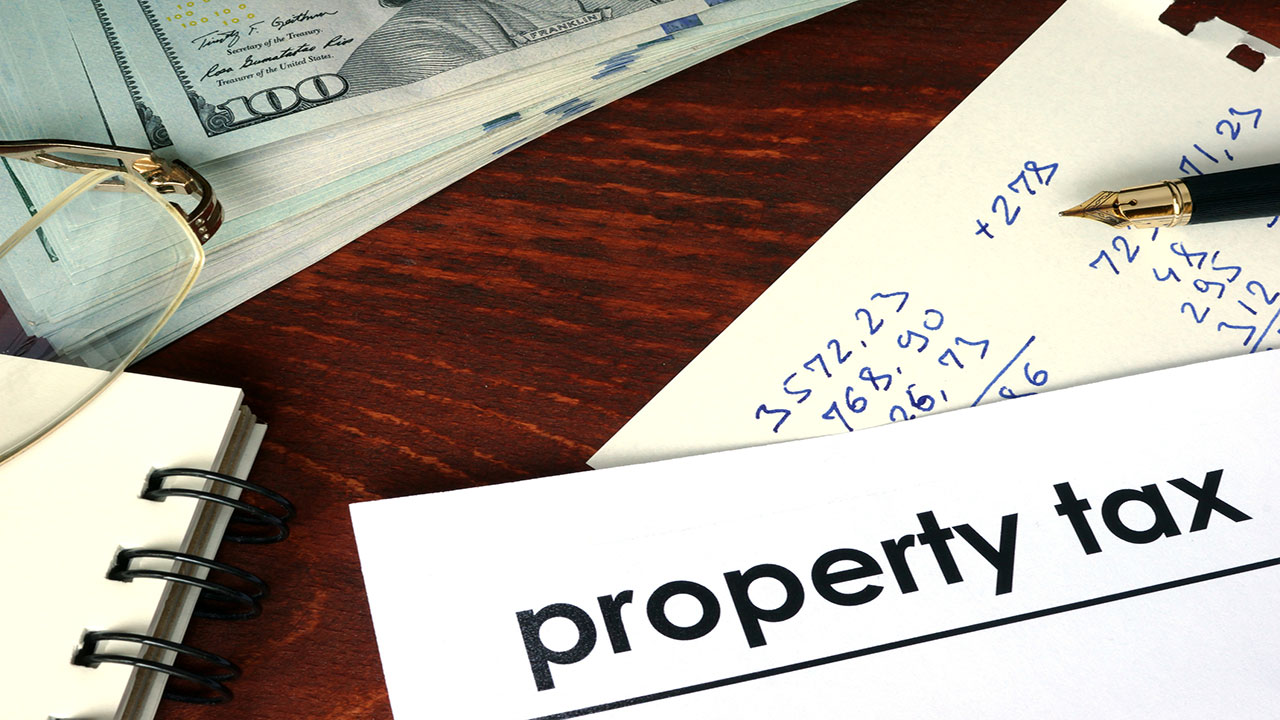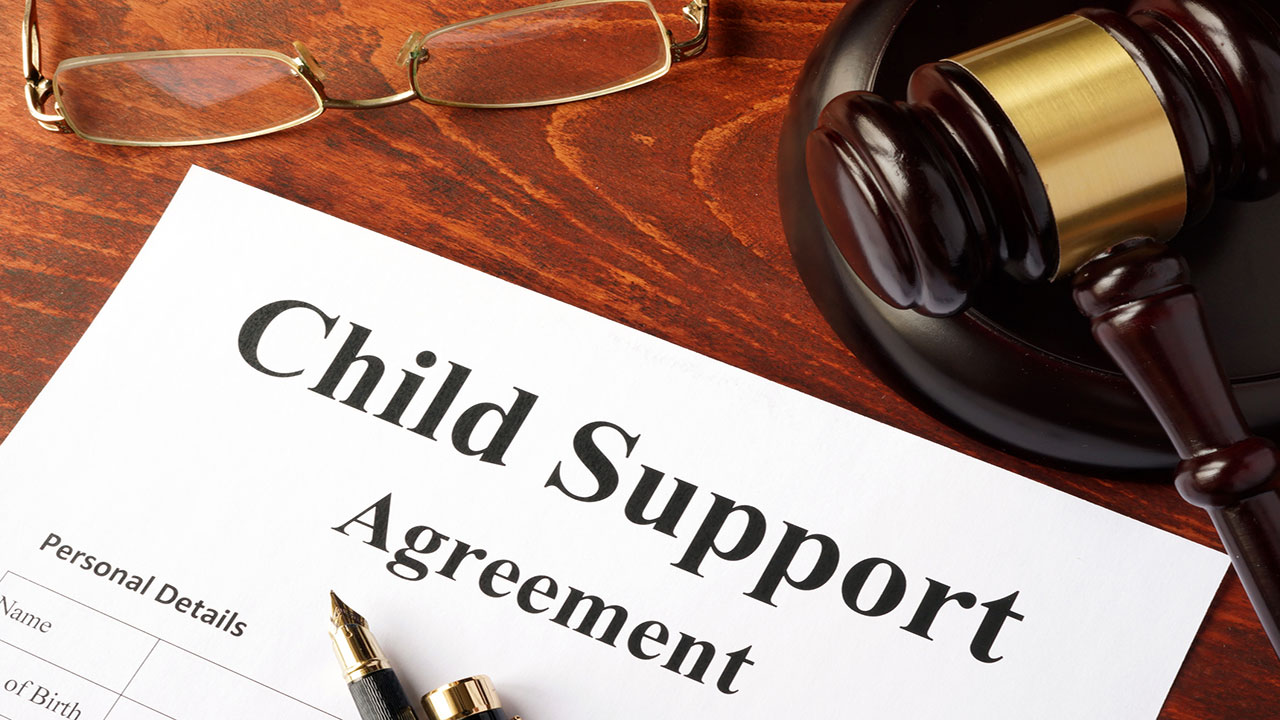What Types of Liens Can Cloud the Title on My Property?

Real estate transactions aren’t always free of unpleasant surprises. Sometimes a home inspection will uncover an unknown issue or the buyer won’t be able to secure financing despite being pre-approved.
But there’s another potentially unexpected issue that can arise after an offer has been accepted: property liens.
Title searches are often conducted as part of a real estate transaction in order to ensure that title is free and clear and that the owner has the legal right to sell the property. But sometimes title searches come back with the news that there’s a lien on a property. The problem with liens is that they can prevent a home from being sold until they have been dealt with appropriately.
Real estate deals can’t close until the lien has been resolved and removed from the property. Until then, the deal will remain idle.
Liens are actually more common than many buyers and sellers may think. The good news is that liens can be released from a property if dealt with appropriately, allowing a real estate transaction to eventually close.
Here are the more common types of liens that are sometimes found on title to a property.
Property Tax Liens

Unfortunately, property taxes are quite common and are the more frequently found lien types on property titles. If a property tax lien is found on title, that lien will take precedence over any others.
If a homeowner owes property taxes that are not yet paid, a lien can be placed on the house. These types of liens can be serious if they are left unattended to because the government actually has the power to recoup what is owed by selling off the home.
Mortgage Liens
Lenders have a stake in a home that they provide a mortgage to help finance. As such, they are able to repossess the property if the borrower defaults on the mortgage. Using a home as collateral for a mortgage is what helps balance out the risk associated with providing large loans.
When borrowers take out a mortgage, they are voluntarily allowing a lien to be placed on the home. In the case of a mortgage lien, the homeowner agrees that the lender has a stake in the home and will place a lien on the property until the home loan amount is fully repaid.
Judgment Liens

Homeowners who are taken to court and successfully sued may have a judgment lien placed on their property. If the homeowner is unable or unwilling to pay the judgment amount, the winning party may put a judgment lien on the homeowner’s property. In this way, the winning party can be assured that they will be paid the money that they successfully sued for.
Contractor Liens
If a homeowner hires a contractor to perform improvements on their property and does not fulfill payment for the work done, a lien may be placed on the property. Contractor liens are more common with foreclosures because homeowners are no longer able to make their mortgage payments, and are therefore unable to repay their contractor bills either.
Even subcontractors who have not been paid by contractors to perform specific work can place contractor liens on a property. That said, subcontractors must first exhaust all efforts to get paid by the contractor before a lien is placed a home.
Child Support Liens

Guardians who are legally required to pay child support can find themselves with a child support lien on their home if they haven’t been making their regular contributions. Until the child support is paid back or a lien sale occurs, the lien will remain on the property.
IRS Tax Liens
Any unpaid federal taxes can lead to an IRS tax lien being placed on a property. If the homeowner is insolvent and unable to pay their taxes, the IRS may place a lien on their home.
The Bottom Line
If you’re the seller in a real estate transaction, you may want to have your titled searched on your own to verify whether or not liens exist on your property if you’re unaware of any. It would be rather unpleasant to discover that a lien exists on title, which can derail the deal. If you’re the buyer, you’ll certainly want to have a title search conducted before you agree to purchase a home.
While there is a cost associated with this search, it’s well worth it if there are title issues that will need to be ironed out. In either case, liens on title do happen, and if they are discovered, they’ll need to be sorted out before a real estate transaction can continue.




